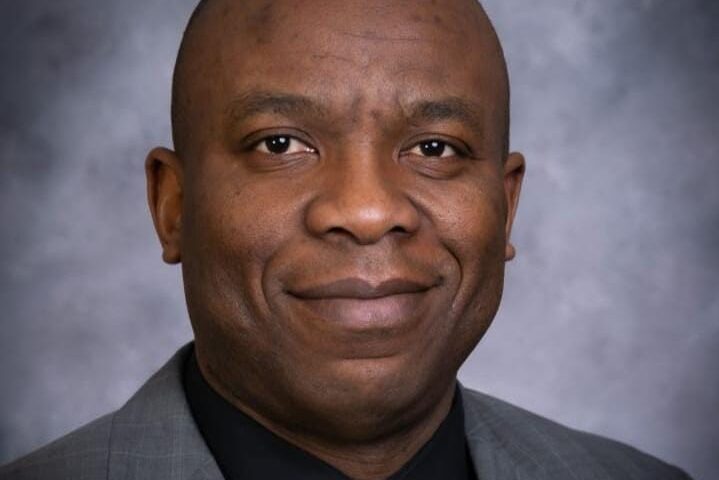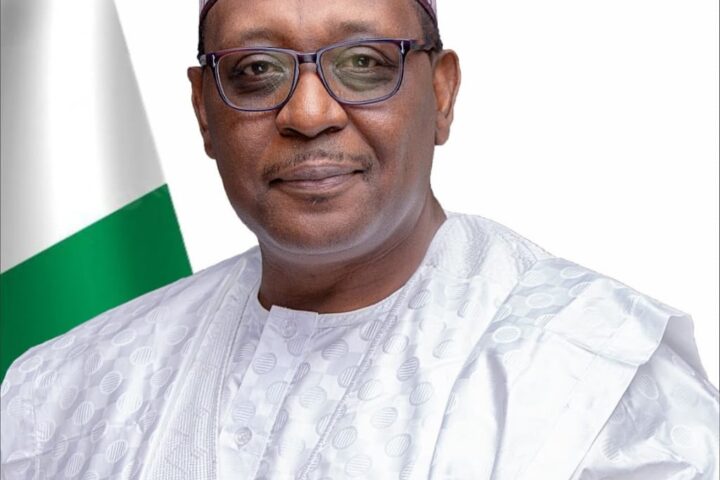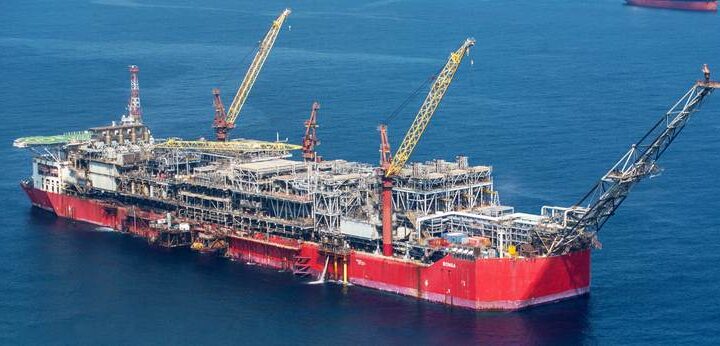By Zayyad I. Muhammad
In recent times,Nigeria has faced a concerning increase in audacious attacks on its critical national assets and infrastructure. These assaults, carried out by bandits, insurgents, and vandals, threaten the stability and security of the nation. The targeted facilities are essential for the country’s economic growth and public safety.
On January 14, 2022, the 132 kV Ahoada-Yenagoa transmission line towers belonging to the Transmission Company of Nigeria (TCN) were vandalized.
On March 28, 2022, the Abuja-Kaduna train was attacked by insurgents. The incident occurred in the evening as the train was en route to Kaduna from Abuja. This attack tragically resulted in casualties and the abduction of several passengers. Train services on the Abuja-Kaduna route were halted for many weeks.
On September 25, 2022, vandals attacked the Transmission Company of Nigeria (TCN) towers 303 and 304 along the Jos road, disrupting electricity to the entire Northeast for weeks.
On June 20, 2024, the rail fittings installed on the Second Niger Bridge were uprooted and vandalized.
On June 11, 2024, insurgents attacked TCN towers T193 and T194 along the Damaturu-Maiduguri 330 kV Single Circuit Transmission Line, leaving Maiduguri and its environs in darkness for weeks.
In July this year,a report published by Thisday Newspaper estimated that Nigeria incurred a loss of approximately $3.57 billion in just the first five months of 2024 due to oil theft, largely attributed to pipeline vandalism and militant activities.
Experts suggest that improvements have been made in the security measures aimed at protecting oil and related assets, with around N50 billion allocated each year for local security contractors.
Furthermore,the Joint Task Force (JTF), known as Operation Delta Safe, comprises all branches of the armed forces, along with members of the Federal Road Safety Corps, to tackle this challenge. The Nigerian Navy has also initiated “Operation Delta Sanity” to bolster maritime surveillance.
It appears that bandits,vandals, and insurgents are becoming more daring and sophisticated than the strategies implemented to combat and prevent attacks on critical national assets. What needs to be done?
The government should, in addition to the strategy of having boots on the ground, also consider utilizing technology. For example, Nigeria can deploy advanced SCADA systems for the surveillance of critical national assets and infrastructure, such as power grids, water treatment plants, oil and gas pipelines, transportation networks, and communication systems.
Secondly,while the National Security and Civil Defence Corps (NSCDC) is doing good work in protecting some oil pipelines, they should be retooled, adequately staffed, and better funded.
More personnel should be deployed to protect critical power transmission lines and towers,as the core mandate of the Civil Defence is the protection of critical infrastructure—safeguarding government facilities and installations.
The Transmission Company of Nigeria (TCN) should enhance its monitoring systems from manual to high-tech, including the use of drones and real-time surveillance.
Additionally,the TCN’s public relations strategy should be improved; showcasing to the world that insurgents are capable of disrupting the entire northern Nigerian electricity supply was a significant PR blunder. In fact, it provided free publicity for the bandits, insurgents, and vandals.
Any country that fails to adequately protect its national assets and infrastructure will expose its national security, leading to compromised economic stability, public safety, and resilience to disasters, which may result in social disorder.
For instance,the current frustration in the north due to nearly ten days of blackout in the region stems from an attack on critical national assets—the 330 kV Shiroro-Kaduna transmission lines 1 and 2.
Nigeria’s international respect and reputation are at stake because the protection of critical national assets and infrastructure is an integral part of global security frameworks.
Zayyad I. Muhammad writes from Abuja,08036070980, zaymohd@yahoo.com


















